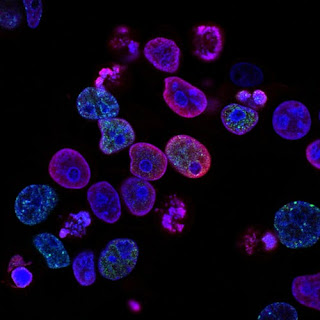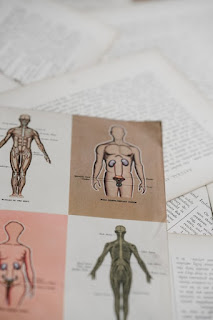What Is Biology ?
One of the three major branches of natural science is biology. It comes from Greek word ‘bios’ meaning ‘life’ and ‘logos’ meaning ‘science of’. Thus, biology is the study of various aspects of living beings. Study of living beings for understanding of natural phenomenon is PURE BIOLOGY and study of living beings to develop various technologies or techniques to modify natural or other phenomenon is called APPLIED BIOLOGY.
FATHERS OF BIOLOGY
1. Antibiotics – Alexander Fleming
2. Ayurveda – Charaka
3. ATP cycle – Lipmann
4. Bryology – Johann Hedwig
5. Biochemical genetics – Archibald Garrod
6. Biochemistry – Justus vol Liebig
7. Blood circulation – William Harvey
8. Blood groups – Karl Landsteiner
9. Botony – Theophrastus
10. Chromatography – Micheal Tswett
11. Cytology – Robert Hooke
12. DNA fingerprinting – Garrod
13. ECG – Einthoven
14. Ecology – Theophrastus
15. Embryology – Aristotle
16. Experimental genetics – Thomas Hunt Morgan
17. Experimental physiology – Galen
18. Flistology – Francis Bichet
19. Gene therapy – Anderson
20. Genetic engineering – Paul Berg
21. Genetics – Gregor Johann Mendel
22. Homeopathy – Hahnemann
23. Immunology – Edward Jenner
24. Medicine – Hippocrates
25. Modern embryology – Von Baer
26. Modern genetics – William Bateson
27. Modern anatomy – Andreas Vesalium
28. Modern cytology – Carl P. Swanson
29. Parasitology – Platter
30. Protozoology – Antony Van Leeuwenhoek
31. Surgery – Susruta
32. Taxonomy – Carolus Linnaeus
33. Tissue culture – Harrison
34. Virology – Wendell M. Stanley
35. Zoology – Aristotle
 \
\